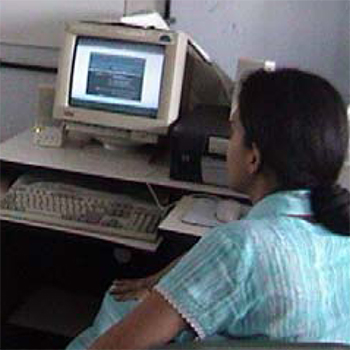Technology is not an educational panacea, but it is an important facilitator of education. This is a strong rationale and the dominant argument for expanding the use of technology in schools. A clear understanding of the role of technology in change and the implications of technology-mediated changes for education is the key to the success of any innovation in education. We need to take a look at the traditional goals of education and formulate new definitions of learning consistent with the revolution in cognitive sciences. It is time we viewed the learning process as selective filtering of experience, coordination of information, and construction of knowledge. To be able to do that is the biggest challenge of information and communication technologies in education. If we are convinced of this, then we shall be able to fashion a climate of values that encourages the ordering and re-ordering of thoughts needed to comprehend technology and strive for education to emerge from its disciplinary narrowness.




